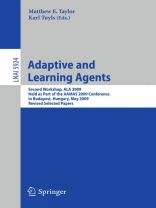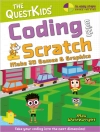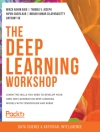Thisbookpresentsselectedandrevisedpapersofthe Second Workshopon Ad- tive and Learning Agents 2009 (ALA-09), held at the AAMAS 2009 conference in Budapest, Hungary, May 12. The goalof ALA is to provide an interdisciplinaryforum for scientists from a variety of ?elds such as computer science, biology, game theory and economics. This year’s edition of ALA was the second after the merger of the former wo- shops ALAMAS and ALAg. In 2008 this joint workshop was organized for the ?rst time under the ?ag of both events. ALAMAS was a yearly returning Eu- pean workshop on adaptive and learning agents and multi-agent systems (held eight times). ALAg was the international workshop on adaptive and learning agents, which was usually held at AAMAS. To increase the strength, visibility and quality of the workshop it was decided to merge both workshops under the ?ag of ALA and to set up a Steering Committee as an organizational backbone. This book contains six papers presented during the workshop, which were carefully selected after an additional review round in the summer of 2009. We therefore wish to explicitly thank the members of the Program Committee for the quality and sincerity of their e?orts and service. Furthermore we would like to thank all the members of the senior Steering Committee for making this workshop possible and supporting it with sound advice. We also thank the AAMAS conference for providing us a platform for holding this event. Finally we also wish to thank all authors who responded to our call-for-papers with interesting contributions.
विषयसूची
Abstraction and Generalization in Reinforcement Learning: A Summary and Framework.- The Effects of Evolved Sociability in a Commons Dilemma.- Replicator Dynamics for Multi-agent Learning: An Orthogonal Approach.- Decentralized Learning in Wireless Sensor Networks.- Recursive Adaptation of Stepsize Parameter for Non-stationary Environments.- Multiagent Reinforcement Learning Model for the Emergence of Common Property and Transhumance in Sub-Saharan Africa.- Learning to Locate Trading Partners in Agent Networks.- Coordinating Learning Agents for Multiple Resource Job Scheduling.












